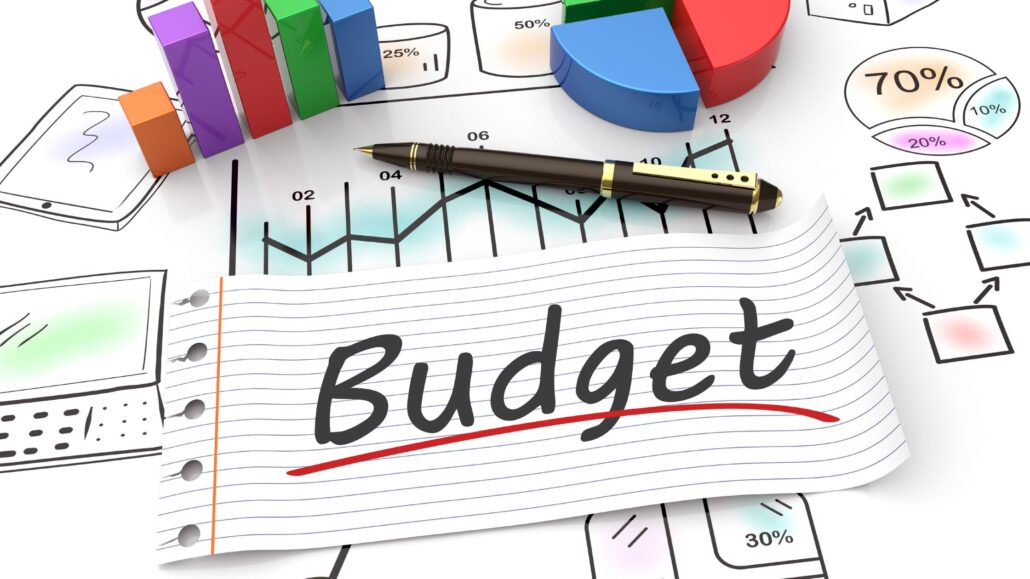This post may contain affiliate links.We may earn little commission or products from the companies mentioned in this post.
Why your teens need to know about budgeting
The best time to start teaching your teens about budgeting is as early as possible, ideally during their early teenage years. Here’s why:
- Foundation for Financial Responsibility: Teaching budgeting skills at a young age lays the foundation for financial responsibility and helps teens develop healthy money habits that can last a lifetime.
- Preparation for Adulthood: Budgeting is a crucial life skill that teens will need as they transition into adulthood and begin managing their own finances. Starting early gives them more time to learn and practice these skills before they’re fully responsible for their financial decisions.
- Relevance to Their Lives: Teens are likely to be more receptive to learning about budgeting when they can see its relevance to their own lives. As they start earning money from part-time jobs or allowances, they can apply budgeting principles to manage their income effectively.
- Avoiding Financial Mistakes: Early exposure to budgeting can help teens avoid common financial mistakes, such as overspending, accumulating debt, or failing to save for the future.
- Opportunities for Learning Experiences: Teaching budgeting to teens provides opportunities for hands-on learning experiences, such as creating a budget, tracking expenses, and making spending decisions. These experiences are invaluable for developing financial literacy and decision-making skills.
- Building Confidence: Learning to manage money effectively can boost teens’ confidence and sense of independence as they gain control over their finances and work towards achieving their goals.
- Setting Financial Goals: Budgeting encourages teens to set financial goals and prioritize their spending based on their values and objectives. This skill is essential for achieving both short-term and long-term financial success.
- Open Communication: Introducing budgeting early fosters open communication about money within the family, allowing parents to serve as mentors and guides as teens navigate financial challenges and decisions.
By starting early and incorporating budgeting education into their teenage years, parents can empower their teens to become financially responsible adults who are capable of making informed financial decisions and achieving their goals.
When to start teaching your teens budgeting
When they start asking for more money
When you start sending them on household errands
when they start having summer jobs
The best time to start teaching your teens about budgeting is as early as possible. However, there are a few key milestones and developmental stages that can serve as ideal opportunities to introduce budgeting concepts to teenagers:
- When They Start Receiving Allowance: When teens begin receiving an allowance or earning money through part-time jobs or chores, it’s an excellent time to introduce basic budgeting concepts. Teach them how to allocate their money for spending, saving, and giving.
- When They Get Their First Job: When teenagers start working part-time jobs during high school or college, it’s crucial to teach them how to manage their earnings responsibly. Introduce concepts like budgeting for expenses, saving for future goals, and understanding taxes and deductions.
- Before They Start Driving: As teens approach the age of getting their driver’s license and potentially owning a car, it’s an opportune time to discuss the costs associated with vehicle ownership, such as gas, insurance, maintenance, and repairs. Teach them how to budget for these expenses and consider the financial implications of owning a car.
- Before They Leave for College or University: Before teenagers leave for higher education, whether it



